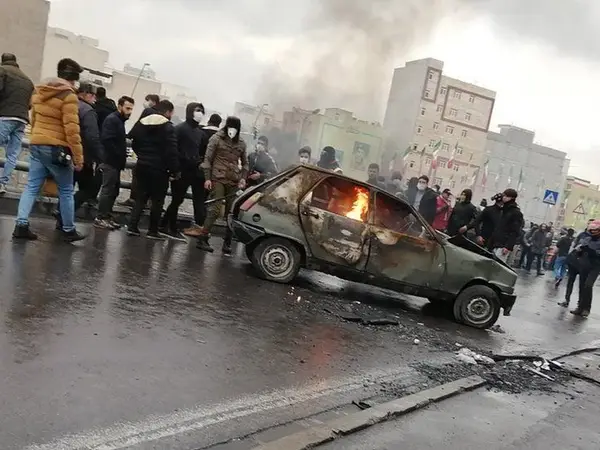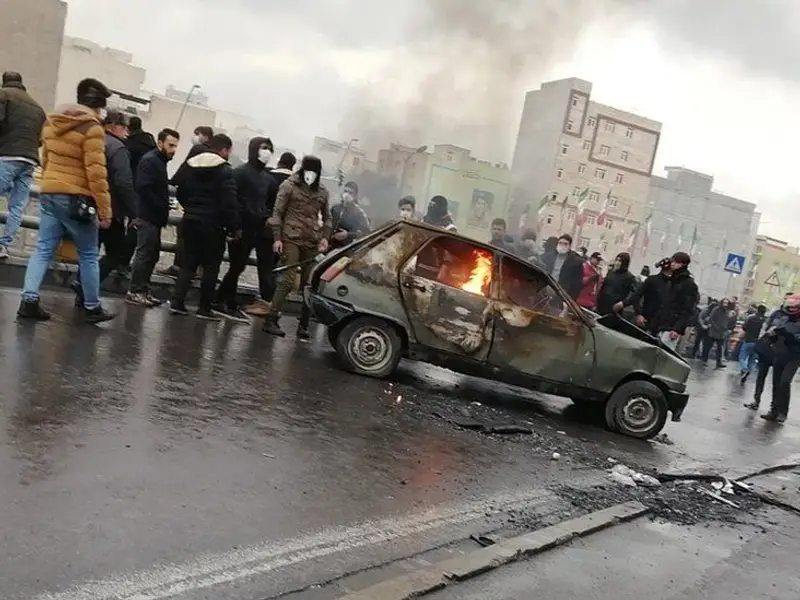Iran plans to increase gasoline prices in its free economic zones as a test to have better control over the possible consequences of a potentially risky move.
The chairman of the Energy Committee of Iran’s parliament, Fereydoun Abbasi, said on Monday that Kish and Qeshm free economic zones are suitable places to test the plan, to prevent the repeat of the 2019 widespread bloody protests.
In November 2019 a sudden increase in fuel prices led to immediate protests that turned into anti-regime unrest, with security forces killing hundreds of people.
Abbasi, who is the former head of Iran’s nuclear agency, added that for any energy policy to work, it must be tested in a smaller scale, and should be thoroughly examined, considering the realities of peoples’ lives, before scaling up to the national level.
“We need to compare people's incomes with their expenses. People in our society should not be malnourished,” he said
Struggling economically due to stiff sanctions and meager oil exports, the Islamic Republic cannot continue to provide heavily subsidized fuel and electricity, which are the cheapest in the world in par with Venezuela.
At the same time the government is fearful of mass protests by citizens who have become poorer in the past few years.

